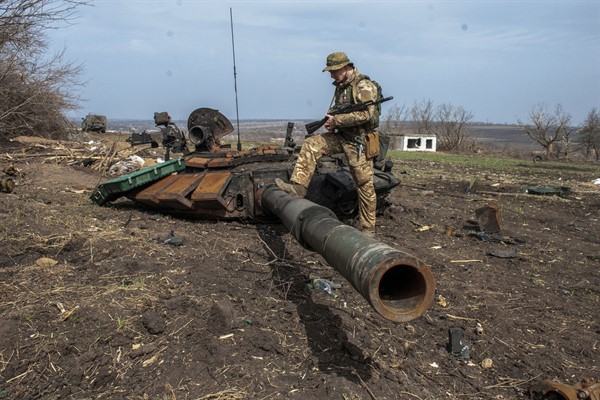In the immediate aftermath of Russia’s invasion of Ukraine, many military analysts found that their prewar predictions about the Russian military’s performance were wildly off the mark. Even if many had expressed doubts about Russia’s ability to sustainably achieve its strategic objectives in Ukraine, most experts shared the widespread expectation that the superior firepower and mobility of Russian forces’ combined arms operations would quickly overwhelm the Ukrainian military.
In the months since then, endless post-mortems have dissected the particular Russian blunders and Ukrainian successes that determined the course of the war’s first weeks, and why military analysts were unable to foresee them. But it’s also worth examining the broader lessons of that analytic failure, in order to apply them to similar exercises with major implications, like efforts to predict the performance of the Chinese military in a prospective conflict scenario over Taiwan.
In doing so, it helps to refer to the military historian Michael Howard’s characterization of the difficulty of forecasting wartime military performance, which he compared to a ship navigating from the “terra firma” of the last war to the unknown landfall of the next one, surrounded by a “fog of peace”:

